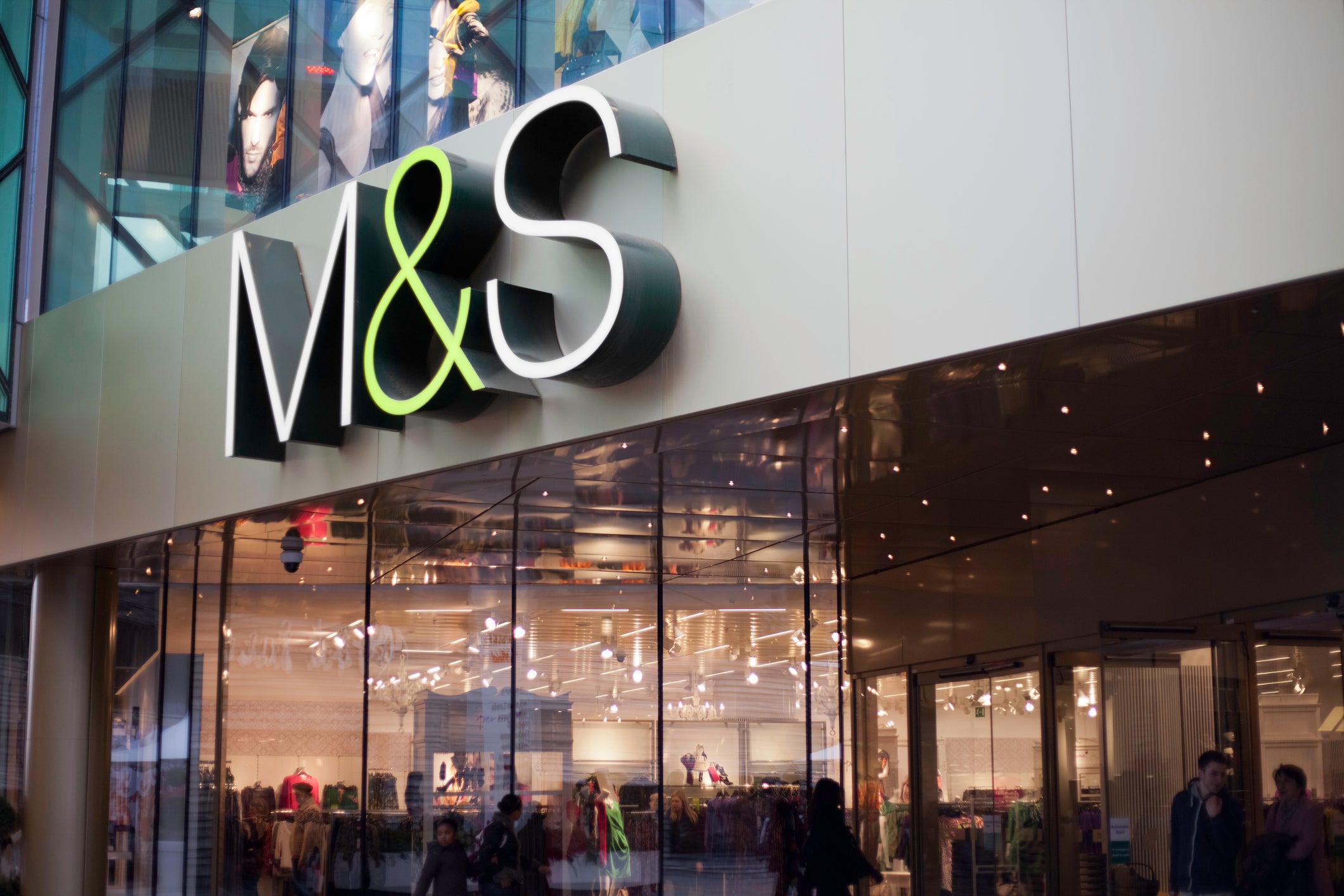The shopping apocalypse: Big retail names continue to struggle amid warnings of worst year on record
John Lewis and M&S contributed to the lake of tears, but Tesco provided a few crumbs of comfort on the industry’s Terrible Thursday, writes James Moore


Welcome to the retail apocalypse. The British Retail Consortium (BRC) decried 2019 as “the worst year on record for retail” as both John Lewis and M&S added to the sector’s lake of tears on Terrible Thursday.
Get your brollies ready; we’ll start with John Lewis. The high-street survivor, owned by its workforce and accustomed to the love and largesse of a prosperous middle class clientele, unveiled a profit warning and announced the shock departure of John Lewis MD Paula Nickolds. She’d been expected to take a high-profile role following the merger of the executive teams running the department stores, the online business and Waitrose, but is now in search of pastures new.
The partnership’s struggles mean that the staff who remain may have to do without their customary bonus. The final decision will be in hands of Sharon White, the former to civil servant, who’s preparing to take over as chair, but the ground has been prepped.
White’s previous role was running the communications watchdog OfCom. One tough job. It might end up proving to be just an hors d’oeuvre. Misery loves company and there was plenty of it to share, courtesy of M&S.
The group actually managed to post a creditable rise in food sales (1.4 per cent) at a time when other grocers have been struggling. But that was nearly offset by a 1.7 per cent decline in clothing and home. And the reason for that? Oh dear, oh dear, oh dear. Some of its issues – such as the “unprecedented discounting” between Black Friday and Christmas – were caused by the market. But menswear suffering from too many slim and skinny styles that customers couldn’t get into? That’s a self-inflicted wound and there have been far, far too many of those at M&S down the years.
This is a business that has a habit of making a rod for its own back and there you have another example. The international operations contributed to the malaise, and punch-drunk investors endured a 9 per cent hit to their holdings as the market delivered its verdict.
M&S was a founding member of the FTSE 100 but lost its place last year. It won’t soon be back.
Compared to those two, Tesco was almost chipper. The omens didn’t look good in the run-up to its trading statement, but while the grocer recorded a decline in UK sales during its financial third quarter, which ended on 23 November, Christmas was better with a modest (0.1 per cent at stores open at least a year) improvement over last year.
Business was positively balmy across the Irish sea, and wholesaler Booker continues to justify the faith of outgoing CEO David Lewis. The less said about the international operations the better, but Tesco still served as something of a light in the darkness. And dark it was indeed last year.
The BRC said total sales fell by 0.1 per cent compared with growth of 1.2 per cent in 2018. That mightn’t look like much, but it represents a huge amount of money.
December appeared to provide a bit of relief with a 1.9 per cent increase. The cold water came courtesy of KPMG’s head of retail Paul Martin. “At first glance retailers’ relentlessness paid off in December, with total sales up 1.9 per cent. However, the later timing of Black Friday will have skewed the outcome. If looking at November and December combined, sales actually declined by 0.9 per cent,” he explained.
Oof. BRC boss Helen Dickinson took aim at the ruling sore of high business rates, which probably aren’t going to get much better despite government promises of a review. Reforming property-based taxes in ways that allow you to retain the revenue you rather badly need isn’t easy to do. I’d be willing to bet that Chancellor Sajid Javid will ride this pony until it’s gone completely lame, just as his predecessors did.
But the real problem for the sector has been Brexit, and the crippling uncertainty that has gone hand in hand with it. Dickinson said her members’ prospects are very much riding on how the forthcoming trade negotiations proceed. So, sad to say, if 2019, with all its store closures and job losses and sales declines, was the worst year on record there’s a high chance of 2020 eclipsing it.
Join our commenting forum
Join thought-provoking conversations, follow other Independent readers and see their replies
Comments